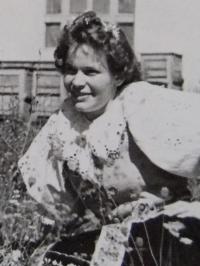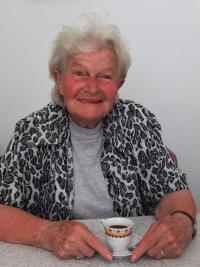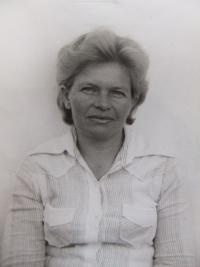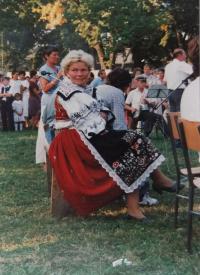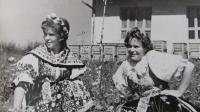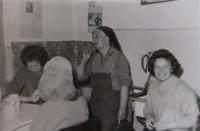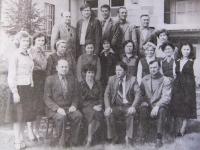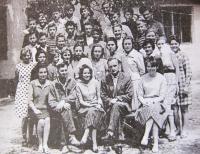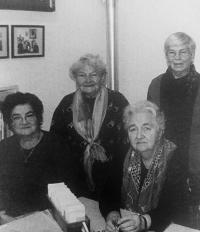I am Bosnian Czech, so they always told me

Stáhnout obrázek
Zora Sigalová was born on 14 October, 1938 in a village of Tešanjka in today´s Bosnia and Hercegovina. Her mother Blaženka comes from Unhošť and at the end of 1920s she met her future husband Velimir during a Sokol gathering, who came from Sarajevo and studied in Prague. In 1930s she left with him back to Bosnia and had four children. The witness and her siblings grew up in Tešanjka, and experienced WW2 with their mother, while the father worked in Zagreb. In 1946 the mother decided to leave for her relatives in Czechoslovakia, who lived in Prague-Košířích, where Zora Sigalová and her siblings went to school. There they also learnt Czech. In 1950 they went back to Yugoslavia, as their father was not allowed to go to Czechoslovakia and the mother guessed they would not be able to cross the borders later. They returned to Croatian Daruvar. The witness went to the Czech eight grade elementary school there, then to the Czech part of the local gymnasium and later to Higher School of Pedagogics in Sarajevo. In 1958-1960 studied chemistry and mathematics. Since 1960 until retirement in 2003 taught at the second grade of the Czech school of J. Růžička in Končenice, teaching Czech and Croatian. At the beginning of the Yugoslavian war she stayed with her Daruvarsko students for four months in Seč near Chrudim, where they were sent in refuge from war. All her life Zora Sigalová participated in various events organised by the Czech minority associations; currently plays theatre and takes care about the Czech library of the local Czech association.
